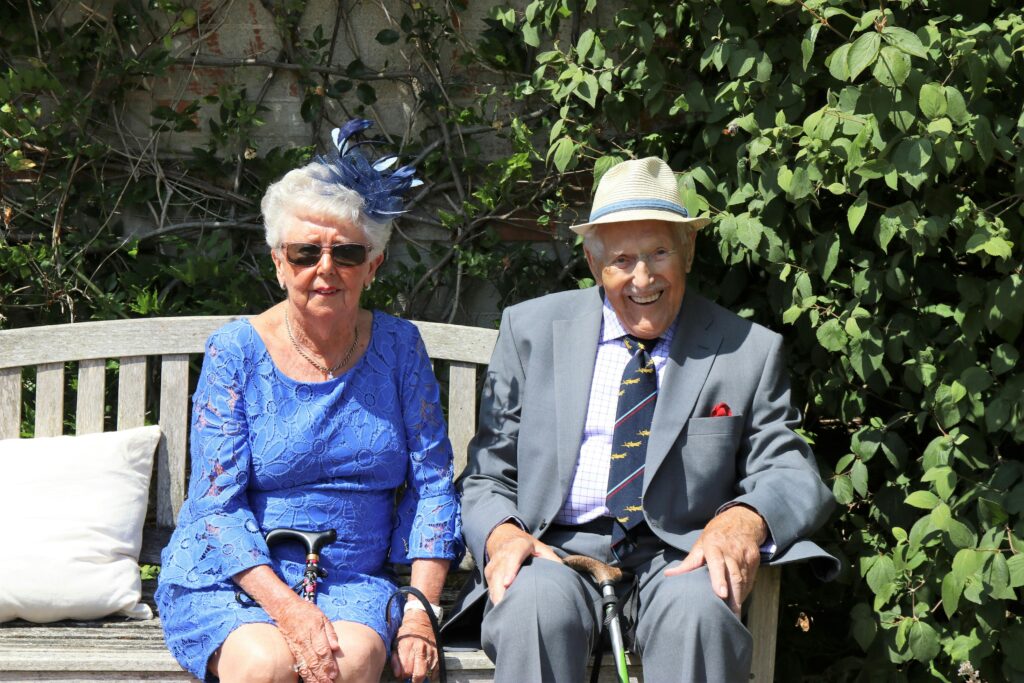Reaching your 50s is a milestone that signifies more than just the passage of time—it’s an empowering moment to reset, recharge, and refocus on what truly matters. While your body may be changing, adopting the right habits and cultivating a positive mindset can set the stage for decades of vibrant health, mental sharpness, and deeply fulfilling experiences. Far from being a decline, this phase of life can be a golden opportunity to evolve into your best self. This comprehensive guide explores how to stay healthy after 50—physically, emotionally, and mentally—offering practical steps to help you thrive.
Key Screenings You Shouldn’t Skip
The adage “prevention is better than cure” takes on new urgency after 50, making regular checkups and screenings essential for catching potential issues early, when they’re most treatable. Key screenings you shouldn’t skip include blood pressure checks to monitor the “silent killer” that can damage your heart unnoticed, cholesterol tests to assess LDL, HDL, and triglycerides for heart disease risk, and blood sugar tests for diabetes, especially if you’re overweight or have a family history.
A colonoscopy every 10 years (or as advised) screens for colon cancer, while women should follow doctor recommendations for mammograms and Pap smears, and men should consider prostate exams or PSA tests if symptomatic. Bone density tests detect osteoporosis risks, particularly for women post-menopause, and annual vision and hearing tests preserve quality of life. Create a health calendar—on paper or via an app—to track appointments and results, ensuring nothing slips through the cracks.
Best Activities for 50+
Exercise after 50 isn’t just about staying slim; it’s a cornerstone of overall well-being, enhancing every system in your body. Regular movement lifts mood and boosts energy through endorphin release, improves balance and flexibility to reduce fall risk, preserves muscle mass and bone strength against age-related decline, lowers chronic disease risks like heart disease and diabetes, and sharpens memory to protect against dementia.
Try walking—a brisk 30-minute daily stroll is low-impact and heart-healthy—or swimming, a joint-friendly full-body workout. Strength training with resistance bands or light weights maintains muscle tone, while yoga or Tai Chi boosts balance, coordination, and calm. Dancing, whether ballroom or Zumba, keeps you agile and socially engaged. Start with 15–30 minutes a day, focusing on consistency over intensity for lasting benefits.


Eat for Nourishment Not Just Satisfaction
Nutrition after 50 becomes less forgiving of junk food as metabolism slows, so focus on fueling longevity and preventing disease. Embrace leafy greens and colorful veggies for antioxidants and fiber, whole grains like brown rice or quinoa for stable energy, and lean proteins such as fish, eggs, or legumes to repair tissues.
Healthy fats from avocados, olive oil, and nuts support brain health, while fermented foods like yogurt or kefir nurture your gut. Drink 8–10 cups of water daily to aid digestion and joint health. Limit sugary drinks and desserts that spike blood sugar, excess salt tied to high blood pressure, fried or processed foods high in empty calories, red meat and saturated fats if overconsumed, and excessive alcohol that strains the liver. Consider a tailored multivitamin—vitamin D, B12, magnesium, or calcium—after consulting a doctor, especially if you’re vegan or have absorption issues.
Mental & Emotional Well-Being
Mental health challenges like depression, anxiety, or loneliness can creep in after 50, often unnoticed, but they’re manageable with care. Challenge your mind with puzzles, crosswords, or learning a new skill like a language to keep it agile, and stay social with friends, family calls, or clubs to combat isolation. Aim for 7–9 hours of sleep nightly, meditate or pray for 5–10 minutes daily to lower stress, journal to process emotions, or seek therapy for empowering clarity.
A positive outlook doesn’t just feel good—it’s linked to stronger immunity and longer life. Sleep, meanwhile, is more than rest—it’s when your body repairs and your brain clears toxins tied to Alzheimer’s. Stick to a consistent sleep schedule, avoid caffeine after midday and alcohol near bedtime, create a cool, dark, quiet environment, and ditch screens an hour before bed, opting for reading or herbal tea. If waking often or feeling drained, consider a sleep study for conditions like sleep apnea, common after 50.


Immune-Boosting Steps
While immunity wanes with age, you can bolster it by eating nutrient-rich foods like citrus and spinach, staying current on vaccines (flu, shingles, COVID-19), managing stress, sleeping well, exercising, and avoiding smoking or excess alcohol.
Know your health numbers—blood pressure below 120/80 mmHg, blood sugar under 100 mg/dL, cholesterol with LDL below 100 and HDL above 40 (men) or 50 (women), BMI of 18.5–24.9, and bone density—tracking them in a notebook or app for trends. Strong social ties, like joining a walking group, attending community events, volunteering, or mentoring, reduce stress and enhance longevity. To prevent falls, practice balance with heel-to-toe walks, chair stands, or yoga poses like tree pose, or try Tai Chi.
Evolving, Not Aging
Your 50s and beyond are a canvas for reinvention—pick up a dream hobby like painting, travel to new places, write a memoir, explore part-time work, bond with grandchildren, or learn something fresh like a language. Stay curious and engaged, as purpose fuels health as much as diet or exercise.
Thriving after 50 isn’t about chasing youth or extreme routines—it’s about sustainable habits, self-awareness, and joy. With regular care—checkups, movement, nourishing food, sleep, connection, and purpose—these can be your richest, healthiest, and most meaningful years. You’re not just aging—you’re evolving into a wiser, stronger self. Embrace it.





